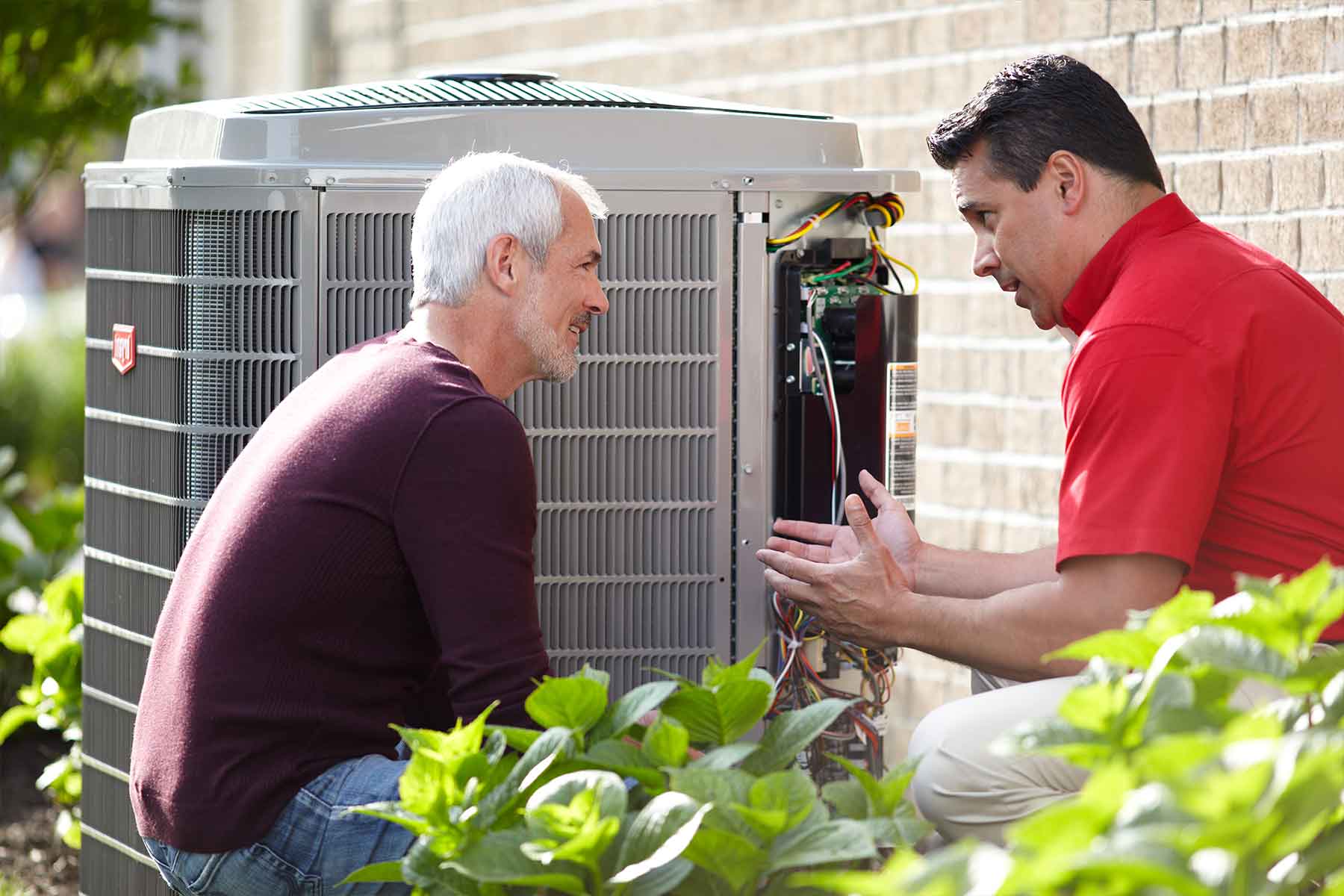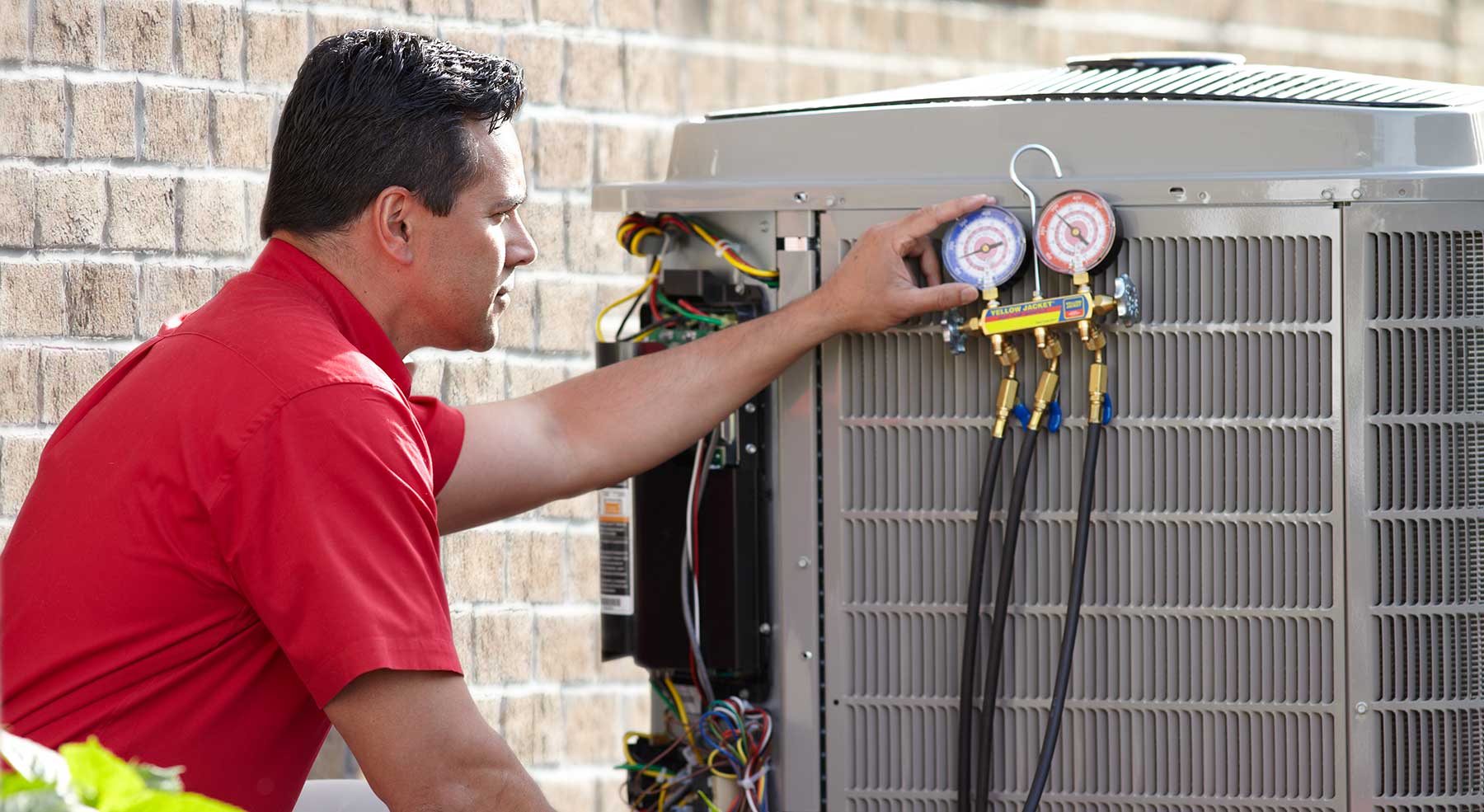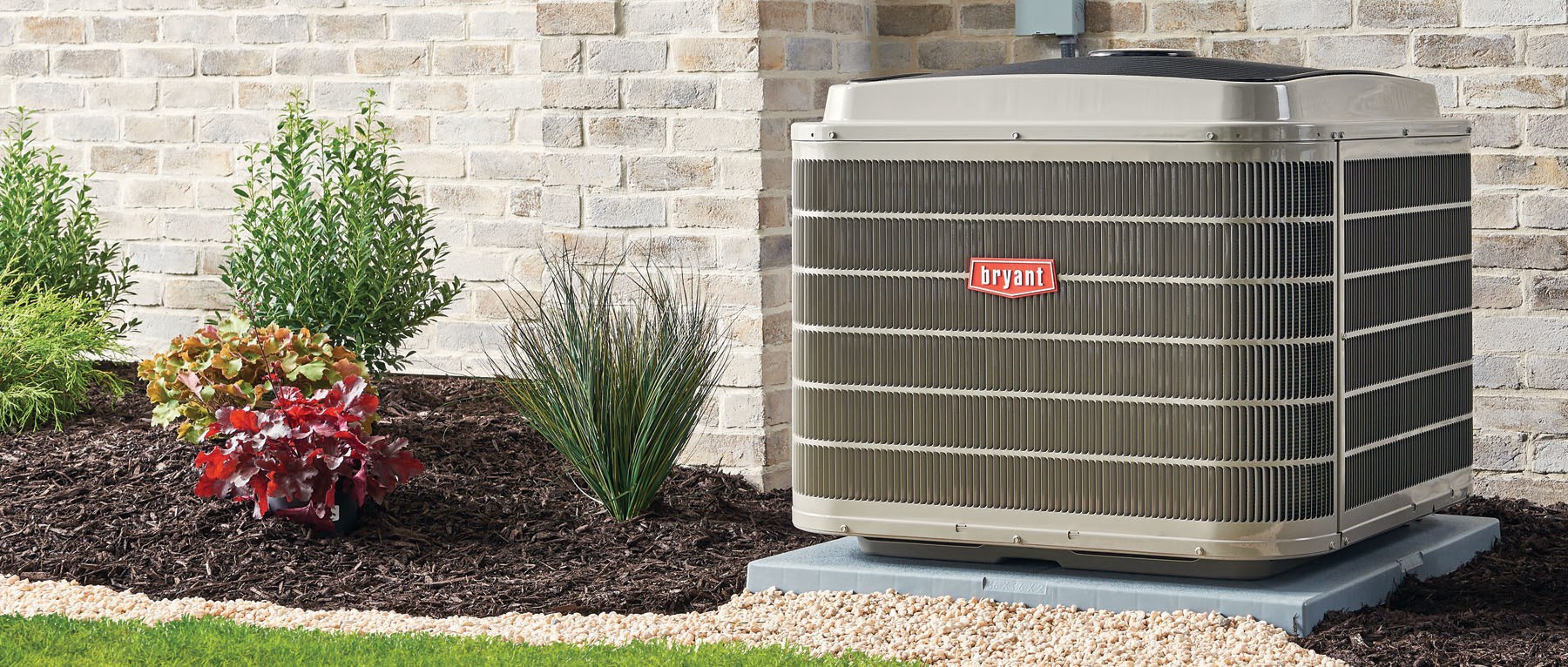How Do I Check My AC Cooling Effectiveness? A Step-by-Step Guide
Introduction
As summer approaches, ensuring your air conditioning system runs efficiently becomes paramount. Whether you're looking to save on energy bills or simply seeking comfort in your home, understanding how to check your AC cooling effectiveness is crucial. This guide will walk you through every step, from basic checks to more complex evaluations, and help you determine when it might be time to call in HVAC contractors near me for professional assistance.

How Do I Check My AC Cooling Effectiveness? A Step-by-Step Guide
Understanding the cooling effectiveness of your air conditioning unit involves a series of straightforward evaluations.
1. Understanding Your Air Conditioning System
1.1 Types of Air Conditioning Systems
Before diving into checks, know the type of system you own—central air conditioning, window units, or ductless mini-splits. Each has unique features affecting cooling performance.
1.2 Components of an Air Conditioning System
Familiarize yourself with critical components like compressors, evaporators, condensers, and refrigerants. Recognizing these parts can help diagnose issues later.
2. Prepare for the Check
2.1 Gather Necessary Tools
You'll need a few tools such as:
- Thermometer
- Screwdriver
- Soft cloth
- Water source
2.2 Safety Precautions
Always prioritize safety! Ensure that the power is off before inspecting any part of your AC unit.
3. Initial Observations
3.1 Listen for Unusual Noises
When running, does your unit emit strange sounds? Rattling or grinding noises may indicate mechanical issues requiring immediate attention from an air conditioning repair service.
3.2 Check for Unpleasant Odors
Foul smells could signal mold or electrical issues within your system—definitely not something to ignore!
4. Assessing Temperature Differences
4.1 Measure Indoor Temperature
Place a thermometer near the vent where cool air comes out and note the reading.
4.2 Measure Outdoor Temperature
Take another temperature reading outside near the compressor unit.
5. Calculate Cooling Effectiveness
Formula: Indoor Temp - Outdoor Temp = Cooling Effectiveness (in Fahrenheit)
A difference of around 15-20 degrees Fahrenheit is generally considered effective cooling.
6. Inspecting Air Flow
6.1 Check Ventilation
Ensure vents are unobstructed by furniture or curtains to allow maximum airflow throughout your space.
6.2 Evaluate Ductwork Conditions
Inspect ducts for leaks or blockages; damaged ducts can severely impact cooling efficiency.
7. Cleaning Your AC Unit
7.1 Clean the Filters Regularly
Dirty filters hinder airflow and reduce efficiency significantly; clean or replace them monthly during peak usage seasons.
7.2 Clear Debris Around Outdoor Units
Remove leaves, dirt, and other debris that may obstruct airflow around outdoor condenser units.
8. Monitoring Humidity Levels
High humidity can make it feel like your AC isn’t functioning effectively even if it is! Use a hygrometer to monitor indoor humidity levels—it should ideally stay below 50%.
9. Checking Refrigerant Levels
Low refrigerant levels can drastically reduce cooling power. If you suspect low levels:
- Inspect for visible leaks.
- Consult local HVAC services near me for recharging needs.
10. Evaluating Electrical Components
Check connections on capacitors and relays for signs of corrosion or damage—issues here can disrupt efficient operation.
11. Conducting Performance Tests with a Professional HVAC Contractor
Sometimes you need expert eyes! Schedule a performance test with an HVAC contractor to get a comprehensive evaluation of your system’s effectiveness.
FAQ Section
Q1: How often should I have my AC serviced?
A1: Ideally, annually before peak usage seasons to ensure efficiency and longevity.


Q2: What are signs my AC needs repair?
A2: Signs include unusual noises, poor airflow, inconsistent temperatures, or frequent cycling on/off.
Q3: Can I recharge my own refrigerant?
A3: It’s generally best left to professionals due to safety regulations and proper handling requirements.
Q4: Why is my AC running but not cooling effectively?
A4: Possible causes include dirty filters, low refrigerant levels, or blocked ducts.
Q5: How can I improve my home’s overall energy efficiency?
A5: Regular maintenance checks, sealing leaks in ducts, using programmable thermostats can help enhance efficiency significantly!
Q6: What’s the average lifespan of an AC unit?
A6: Most systems last between 10-15 years; regular maintenance can extend this lifespan further!
Conclusion
In conclusion, checking your air conditioning's cooling effectiveness doesn't have to be overwhelming! By following this step-by-step guide on How Do I Check My affordable air conditioning repair service AC Cooling Effectiveness? A Step-by-Step Guide, you’ll be well on your way to ensuring that your system runs smoothly all summer long! Remember that while DIY checks are valuable, some problems are best addressed by seasoned professionals—don’t hesitate to reach out to local air conditioning repairmen close me when needed! Stay cool and comfortable all season long!
This article serves as an extensive resource for checking the effectiveness of your air conditioning unit while maintaining clarity and professionalism throughout its content structure.